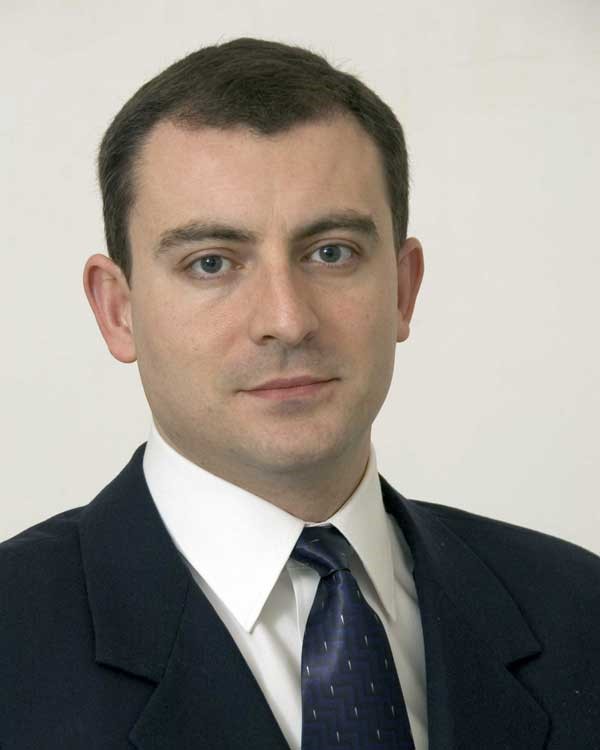时间:2017-10-13 来源:综合办 编辑:zhbgs 访问次数:3258
报告题目:Multi-scale, Multi-resolution Equation-oriented Process Design: Framework and Energy Applications
 Dr. Michael Baldea
Dr. Michael Baldea
McKetta Department of Chemical Engineering and Institute for Computational
Engineering and Sciences,
The University of Texas at Austin
报告时间:2017年10月19日15:00
报告地点:工控新楼211会议室
报告摘要:
Process design is a central activity to the process and energy industries. Key equipment variables (such as unit dimensions) and process variables (operating flow rates, pressures and temperatures) are computed, such that a cost function representing operating and capital cost is optimized, subject to product quality, equipment size and safety constraints. Mathematically, this involves solving a (mixed-integer) optimization problem, subject to a high-dimensional, nonlinear constraint set. This problem is challenging to solve for systems of practically-relevant size and, to date, industrial applications of rigorous optimization-based process design have been very limited.
In this talk, we begin with an overview of a pseudo-transient process modeling and optimization framework, where a differential-algebraic reformulation of the process model is used as a mathematical device to aid convergence from initial points that are “far away” from the solution. Then, we discuss our most recent developments in pseudo-transient modeling, which allow us to tackle previously untractable problems in process design optimization, including
- Handling multi-resolution models, whereby the units in the process flowsheet are modeled at different length scales and levels of detail, often using partial �Cdifferential equations
- Handling the optimization of periodic processes and the fast determination of the cyclic steady state
- Dealing with parametric uncertainty in a computationally efficient way, without resorting to scenario-based approximations
We provide a theoretical analysis of the situations above, including the relevant numerical stability proofs. Several industrial-size case studies and applications are considered, including the production of fuels (di-methyl ether), the liquefaction of natural gas and the separation of aromatics in dividing wall columns.
报告人简介:
Michael Baldea is Associate Professor and Frank A. Liddell, Jr. Centennial Fellow in the McKetta Department of Chemical Engineering, and a core faculty member in the Institute for Computational Engineering and Sciences (ICES) at The University of Texas at Austin. He received his Diploma (2000) and M.Sc. degree (2001) in Chemical Engineering from "Babes-Bolyai" University in Cluj-Napoca, Romania and obtained a Ph.D. in Chemical Engineering from the University of Minnesota in 2006. Prior to joining The University of Texas, he held industrial research positions with Praxair Technology Center in Tonawanda, NY and GE Global Research in Niskayuna, NY. He has received several research and service awards, including the Outstanding Young Researcher Award from the Computing and Systems Technology Division of AIChE, the NSF CAREER award, the Moncrief Grand Challenges Award, the ACS Doctoral New Investigator award, the Model-Based Innovation Prize from Process Systems Enterprise and the Best Referee Award from the Journal of Process Control. His research interests include the dynamics, optimization and control of process and energy systems, areas in which he has co-authored one book, three book chapters and over 100 peer-reviewed journal and conference articles.
欢迎各位有出国意愿的同学参加交流!




 当前位置:
当前位置: